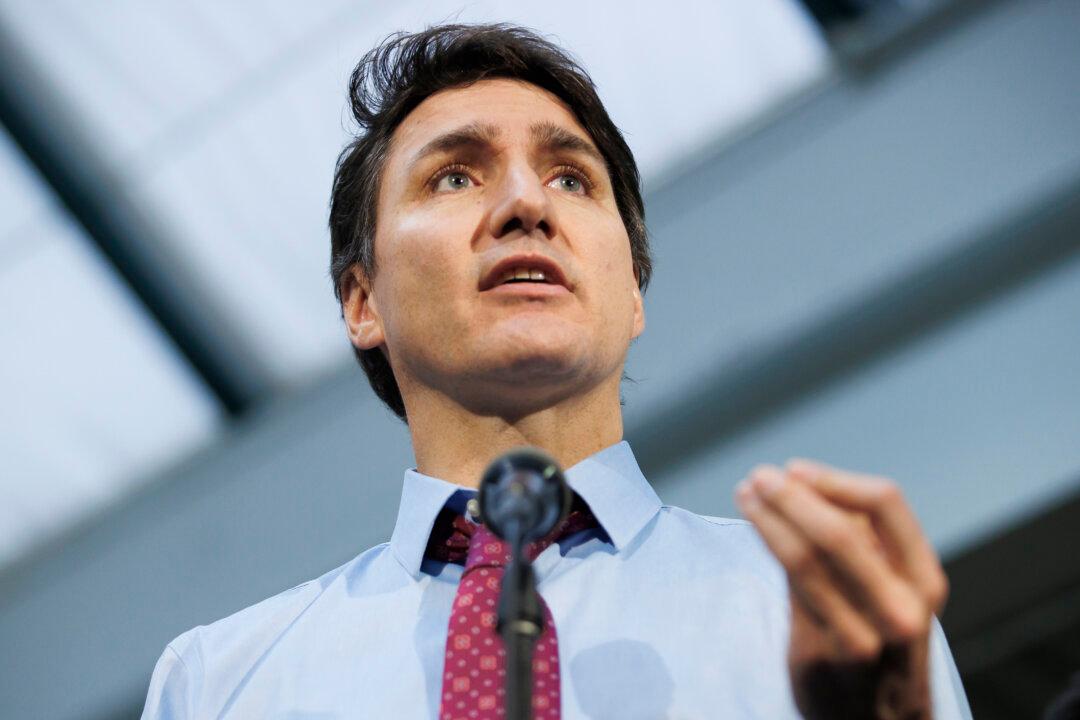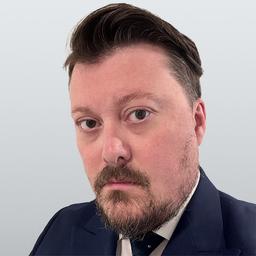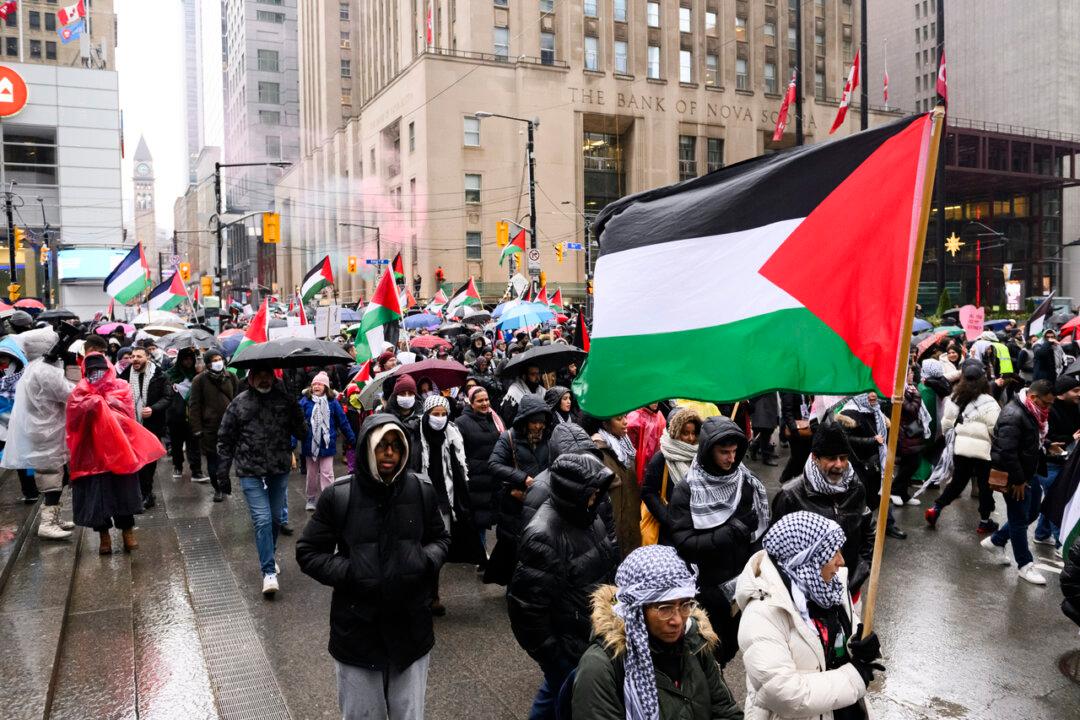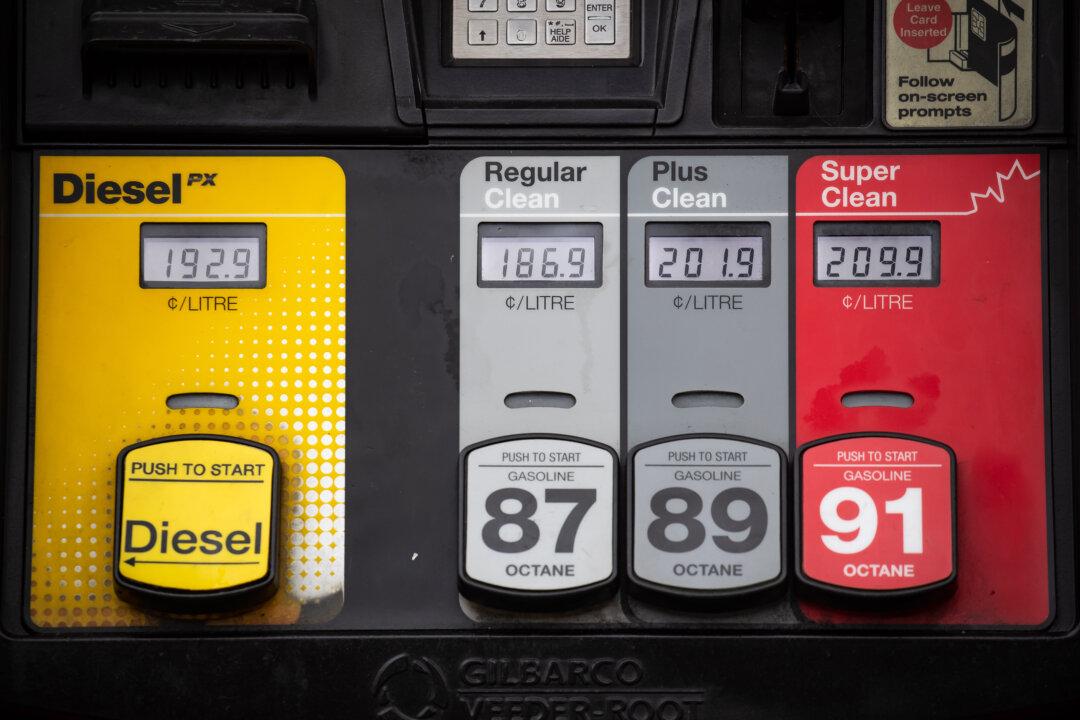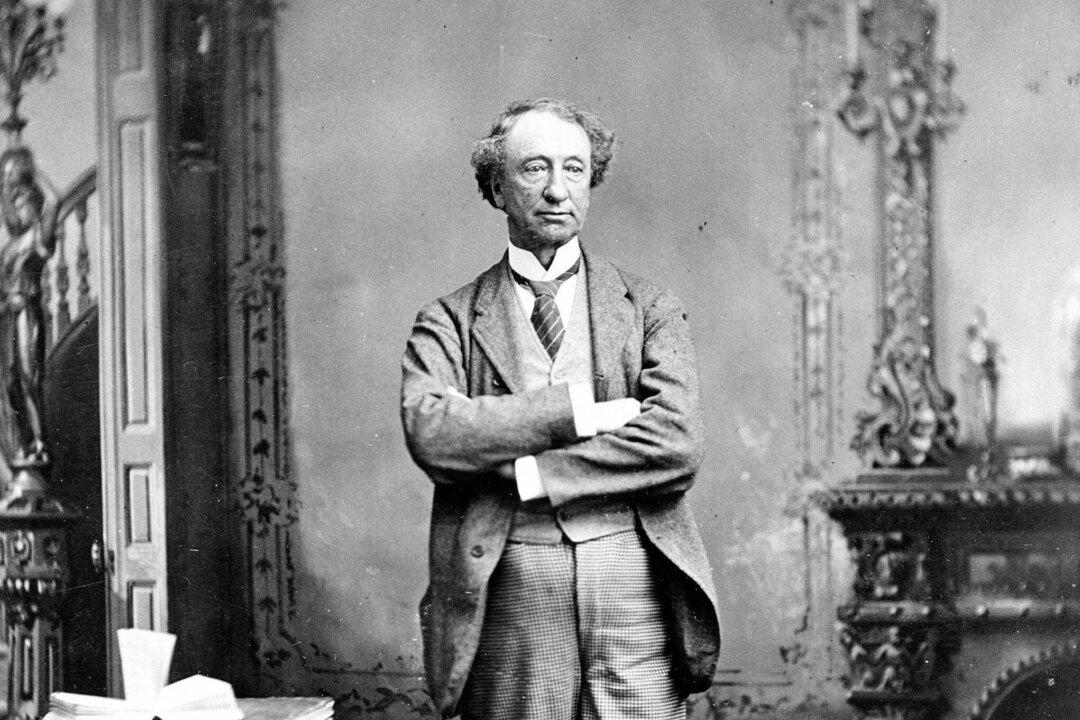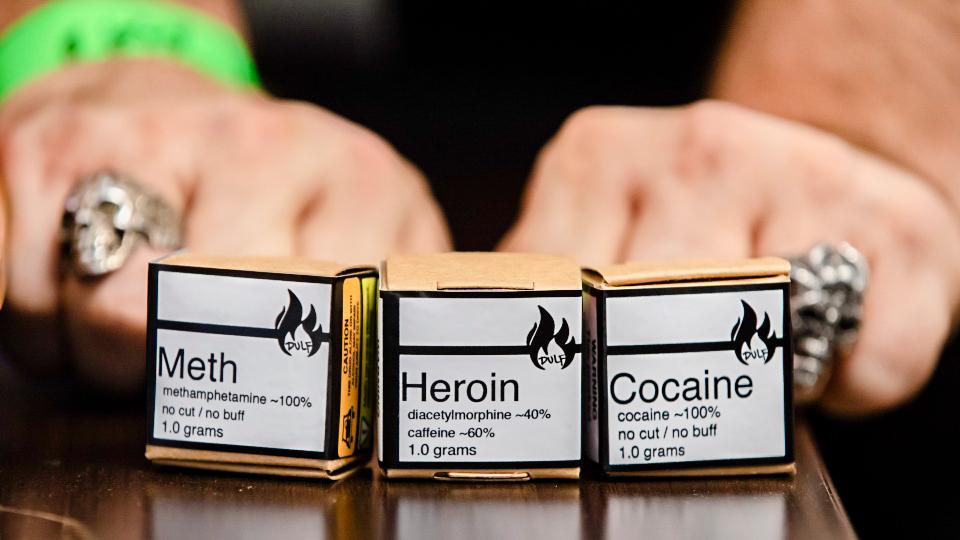Toronto may be seeking federal permission to decriminalize illegal drugs, but Prime Minister Justin Trudeau hinted the city may need broader support from the Ontario government, which currently rejects the proposal.
Ottawa needs to work with “all partners, including provinces” on any decriminalization proposals, Mr. Trudeau told reporters during a May 3 press conference in Hamilton, Ont.
